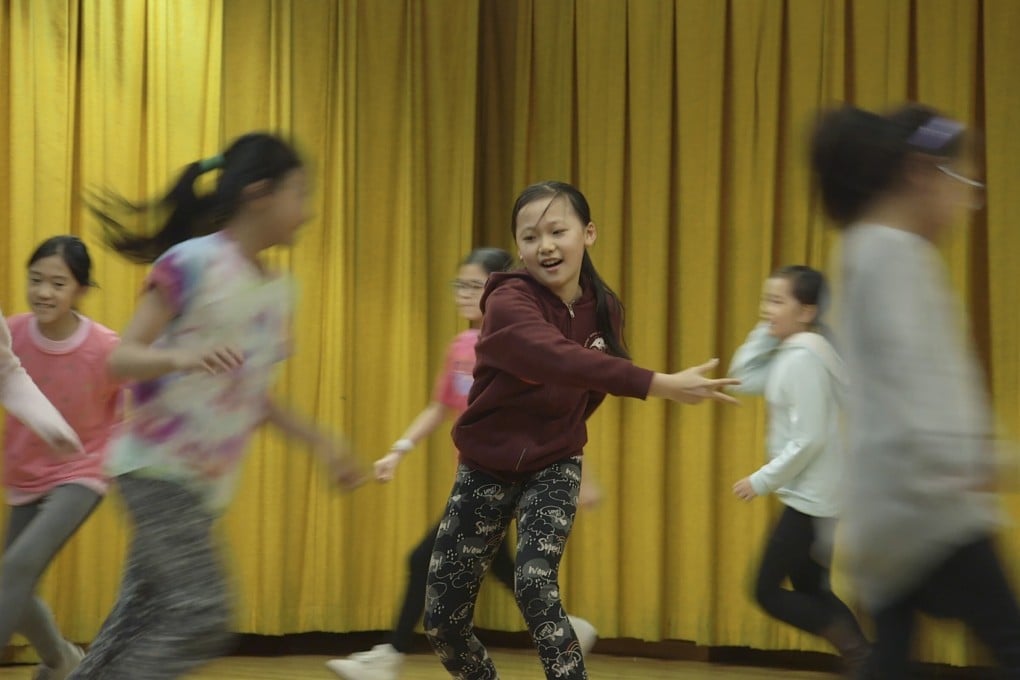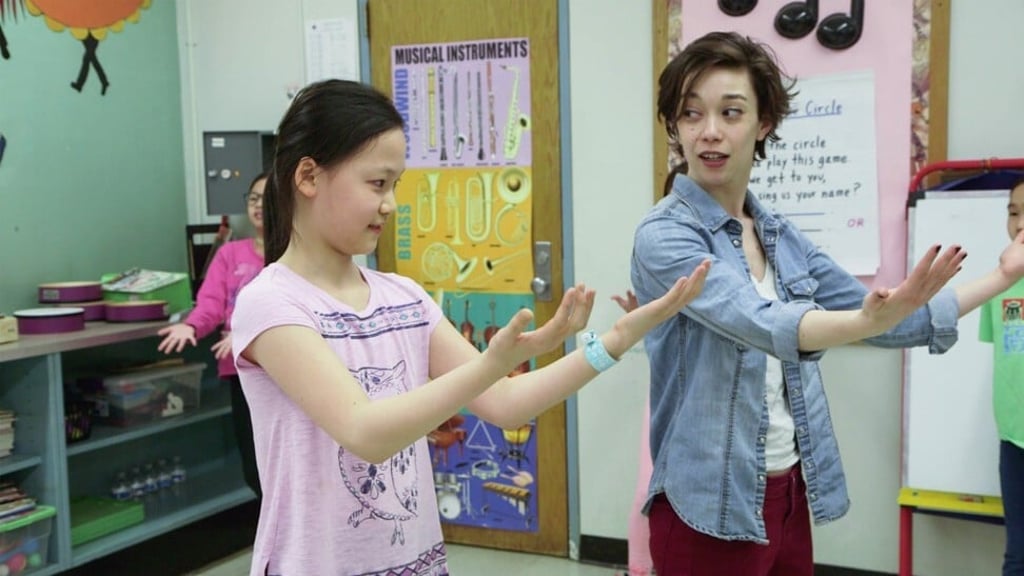Advertisement
Asian-American children battle cultural obstacles to pursue acting dreams in new documentary
- Curtain Up follows the lives of young children in an after-school theatre programme in Manhattan’s Chinatown and goes into the homes of the performers
- The film shows how they deal with being pulled in different directions by family and society, and how acting helps them overcome a certain cultural mindset
Reading Time:5 minutes
Why you can trust SCMP

In a particularly sobering scene from a new documentary, a 12-year-old Chinese-American girl weighs up her chances of ever having a future in theatre.
“I know that I won’t get a lot of jobs as an Asian-American because you have to be the best of the best,” says Charlotte Wang, who played lead character Elsa in a 30-minute adaptation of Frozen , which was staged in New York last December.
“No, it’s just ’cause Asians aren’t good at acting,” adds Charlotte’s 15-year-old brother, Aaron. “I never liked the Chinese dramas my mum watched. They’re always boring.”
Advertisement
The siblings’ views are unsurprising, influenced by stereotypes and cultural barriers they face growing up as Asians in the United States – including from members of their families.

Advertisement
Curtain Up, set to premiere at a number of film festivals later this year, follows the lives of Charlotte and other primary schoolchildren taking part in a two-year, after-school theatre programme in Manhattan’s Chinatown.
Shot over a period of six months, the documentary goes behind the scenes and into the homes of the performers from Yung Wing Elementary School’s PS 124 Theatre Club as they prepare to perform their end-of-year production, commissioned by Disney.
Advertisement
Select Voice
Select Speed
1.00x